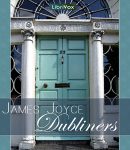
Dubliners
Masterful short stories about life in Dublin at the turn of the century, by James Joyce. (Summary by Hugh McGuire) [chương_files]
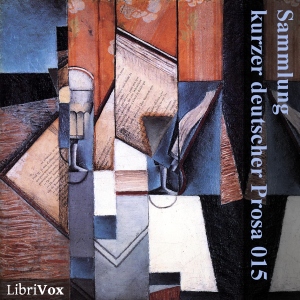
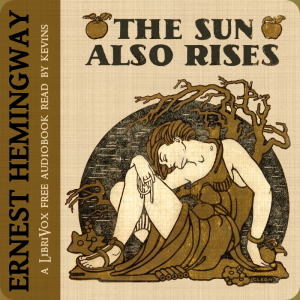
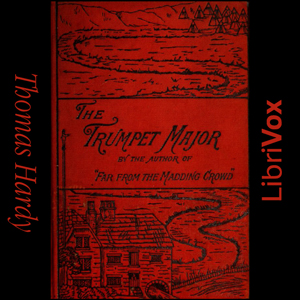
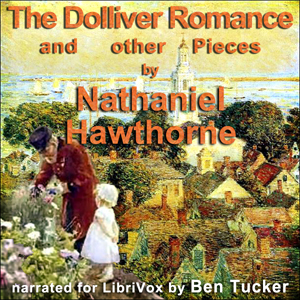


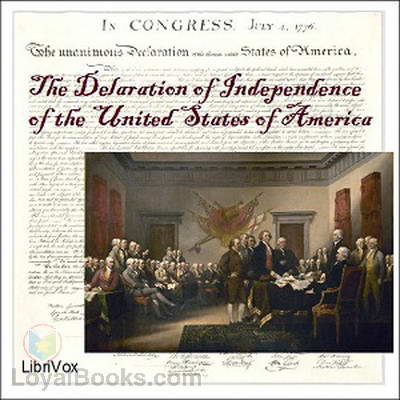
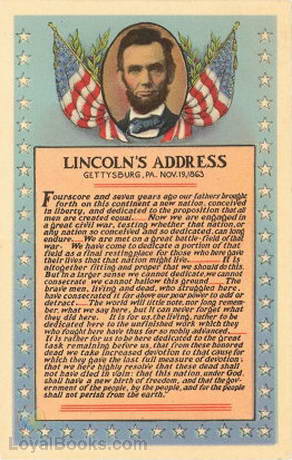


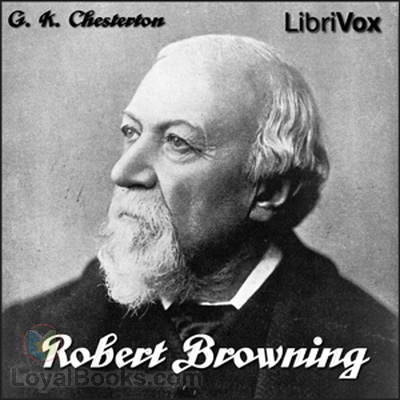
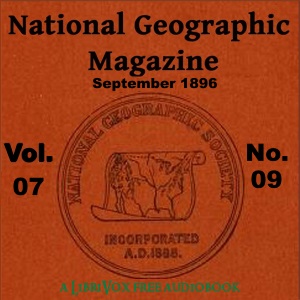
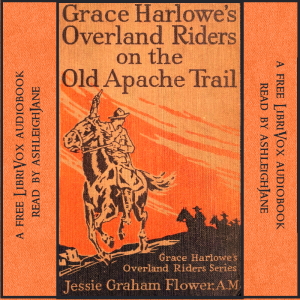

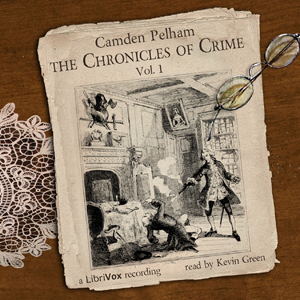
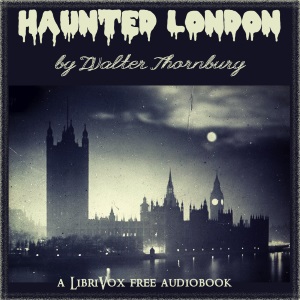
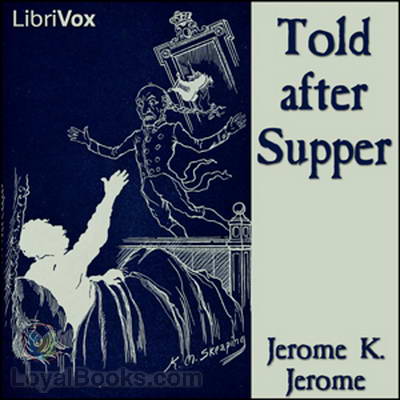
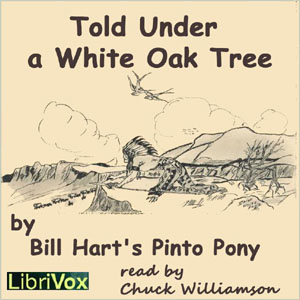

Masterful short stories about life in Dublin at the turn of the century, by James Joyce. (Summary by Hugh McGuire) [chương_files]
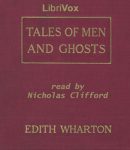
Tales of Men and Ghosts was published as a collection in 1910, though the first eight of the stories had earlier appeared in Scribner’s and the last two in the Century Magazine. Despite the title, the men outnumber the ghosts, since only “The Eyes” and “Afterward” actually call on the supernatural. In only two of the stories are women the central characters, though elsewhere they play important roles. Wharton enjoys subjecting her subjects — all of them American gentlemen and gentlewomen, in the conventional senses of the word — to various moral tests and sometimes ironic tests. Some of the stories deal with the intellectual fashions of the day — “The Blond Beast” basing itself, to some degree, on Nietzsche, and “The Debt” on variants of Darwinism. Though “Afterward” is set in England, and “The Letters” in France, the rest of the stories are squarely in Wharton’s own New York city, rather than (say) in what she calls “the soul-deadening ugliness of the Middle West,” thus avoiding the need to come to terms with what fashion-conscious New Yorkers still today call “fly-over country” for everything that lies between the west bank of the Hudson River and San Francisco Bay. (Summary by Nicholas Clifford) [chương_files]
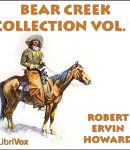
Breckinridge Elkins is the roughest, toughest, fastest-shootin’, hardest-fightin’ feller in the Bear Creek settlement, and probably in the entire Humbolt Mountains. As he travels further from home, he single-handedly takes on outlaws, settles (and starts) feuds and tries his hand at romancing the girls. He also discovers a lot of strange customs among other folks, such as building houses out of boards and wearing clothes that ain’t buckskins. Set in Nevada during the late 1800’s, this collection of stories is a great rollicking romp through the American frontier as seen through the eyes of one of the most enjoyable characters created in the history of tall tales. (Summary by RK Wilcox) [chương_files]
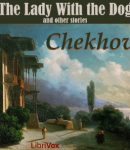
Anton Chekhov was a Russian physician, dramatist and author who is considered to be among the greatest writers of short stories in history. His career as a dramatist produced four classics and his best short stories are held in high esteem by writers and critics. Chekhov practiced as a doctor throughout most of his literary career: “Medicine is my lawful wife”, he once said, “and literature is my mistress.” Chekhov had at first written stories only for financial gain, but as his artistic ambition grew, he made formal innovations which have influenced the evolution of the modern short story. His originality consists in an early use of the stream-of-consciousness technique, later adopted by James Joyce and other modernists, combined with a disavowal of the moral finality of traditional story structure. He made no apologies for the difficulties this posed to readers, insisting that the role of an artist was to ask questions, not to answer them. This is a collection of 7 of his insightful short stories about the human condition and include, beside the title story, A Doctor’s Visit; An Upheaval; Ionitch; and The Husband which are best known. (Summary by Wikipedia and Phil Chenevert) [chương_files]
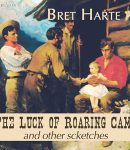
Bret Harte (1836 – 1902) was an American author and poet, best remembered for his accounts of pioneering life in California…. He moved to California in 1853, later working there in a number of capacities, including miner, teacher, messenger, and journalist. He spent part of his life in the northern California coastal town of Union (now known as Arcata), a settlement on Humboldt Bay that was established as a provisioning center for mining camps in the interior…. In 1868 he became editor of The Overland Monthly, another new literary magazine, but this one more in tune with the pioneering spirit of excitement in California. His story, “The Luck of Roaring Camp”, appeared in the magazine’s second issue, propelling Harte to nationwide fame. “Luck…” appeared in this first book along with other stories and sketches, especially “The Outcasts of Poker Flats,” of which several movies were made. (Summary by Wikipedia and David Wales) [chương_files]
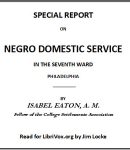
This paper is an attempt to give the most accurate facts obtainable bearing upon the question of colored domestic service in Philadelphia. (Summary by the author) [chương_files]
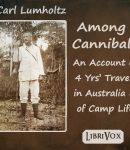
From 1880-1883, the author undertook an academic expedition to Australia, with the purpose of recording zoological phenomena. While there, he developed an interest in the indigenous people and, unlike contemporary studies, did not restrict himself to appearance and outward behavior, but rather looked at the social, economic and anthropological. – Summary by Lynne Thompson [chương_files]
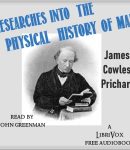
Prichard’s Researches into the Physical History of Man has been called the most important pre-Darwinian anthropological work in English of the nineteenth century. He is considered by many to be the “Father of Anthropology”. The central conclusion of the work is the unity of the human species, which has been acted upon by causes that have since divided it into permanent varieties or races. In his Preface, he writes: “In the course of this essay I have maintained the opinion that all mankind constitute but one race or proceed from a single family”. In this summary passage Prichard indicates Africa (indirectly) as the place of human origin: “On the whole, there are many reasons which lead us to the conclusion that the primitive stock of men were probably Negroes, and I know of no argument to be set on the other side.” Could this be the first historic recognition that “Black Lives Matter”? Note: Latin, Greek and German passages recorded by Kazbek. (Summary by John Greenman & Wikipedia) [chương_files]
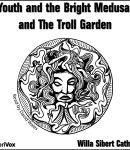
Youth And The Bright Medusa comprises eight short stories published in 1920. Four of them (The Sculptor’s Funeral; A Death In The Desert; A Wagner Matinee; Paul’s Case) are re-worked from an earlier collection, The Troll Garden, published in 1905. This LibriVox recording contains in addition the three stories (Flavia And Her Artists; The Garden Lodge; The Marriage Of Phaedra) from that earlier work omitted in the later book. In other words, all the stories in both books are recorded here. (Summary by David Wales) [chương_files]
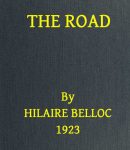
“We are arrived at a chief turning-point in the history of the English highway. New instruments of locomotion, a greater volume of traffic, a greater weight in loads, and vastly increased rapidity in road travel have between them brought us to an issue: either some very considerable and immediate change in the character of the Road, or a serious and increasing handicap in our rivalry with other nations through the strain and expense of an out-worn system. “The moment therefore calls for some examination of the Road, its theory and history. That need has prompted me to write this essay; but I must say at the outset that I approach my task with no expert qualification. My only equipment for the general sketch I intend is historical reading and the experience acquired in the writing of certain monographs upon the topography of the Road in the past. I can do no more than suggest lines of thought which, if they lead to practice, need a detailed science I do not possess. … “We have had (as I shall develop in more detail) five great moments … in the history of the English road system: the moment when the British trackway was superseded by the Roman military road; the moment when the latter declined in the Dark Ages; the moment when the mediaeval system of local roads grew up on the basis of the old Roman trunk roads and around them; the moment when this in its turn declined in the […]
Copyright © 2024 | FreeAudible